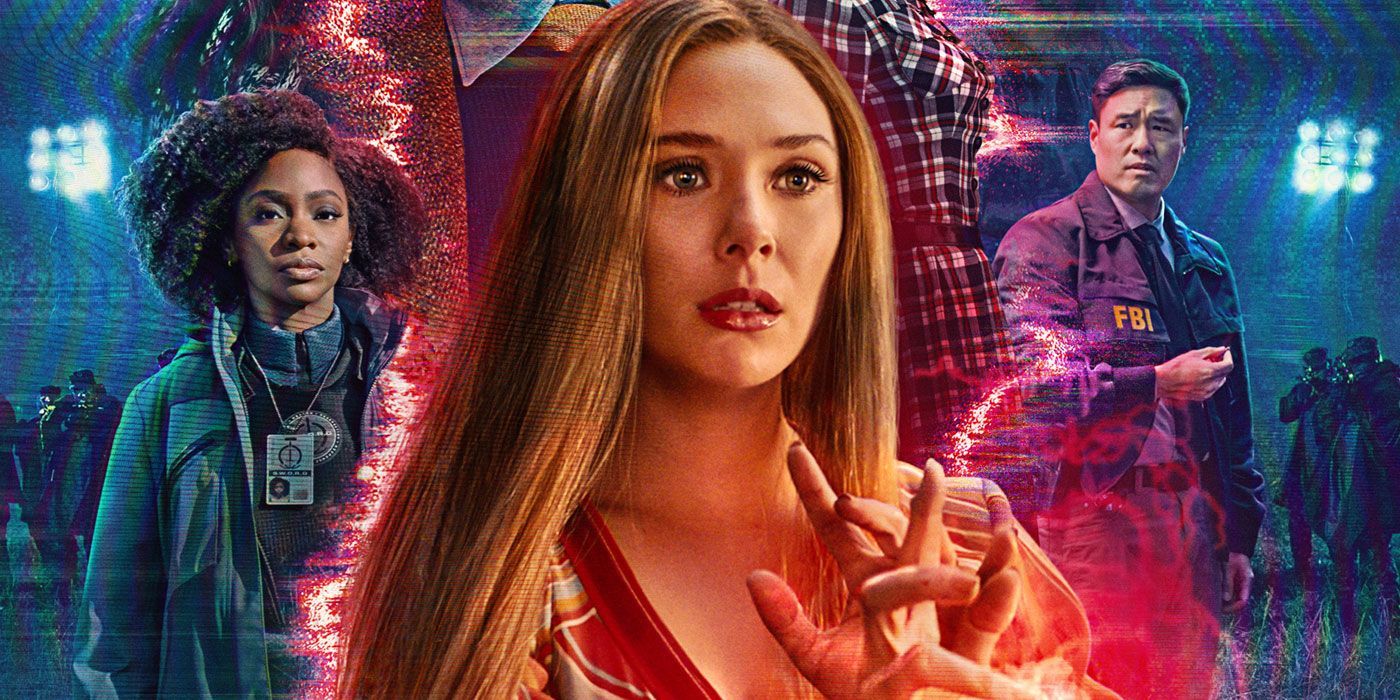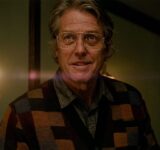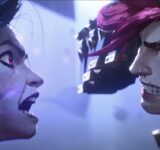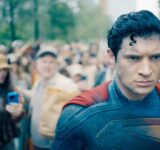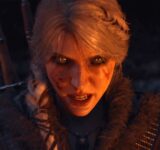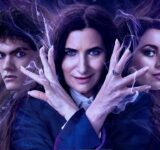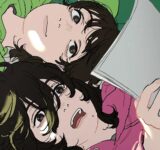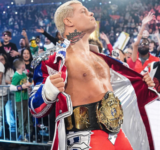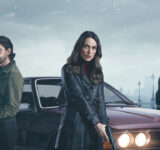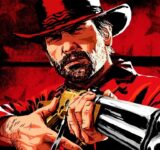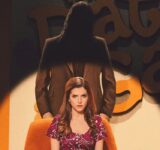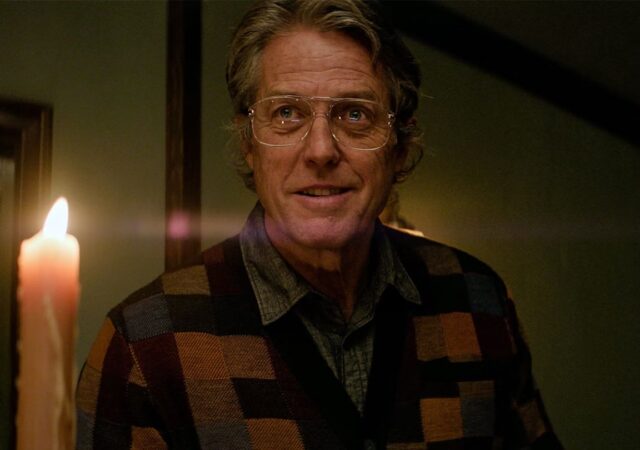After thirteen years of movies, the Marvel Cinematic Universe definitely needed a splash of freshness to make its future offerings seem enticing instead of tiring. Wandavision is a mostly successful exercise in that regard. It’s a show that’s both small and intimate and also tied to the larger scale and consequences of the MCU. It’s unique structure, built around emulating the different eras of American sitcoms, as well as its mysteries make for an engaging watch. The show doesn’t completely stick its landing with the finale, but overall, it’s still a strong start for Disney’s new direction for Marvel tv shows.
Newly-weds Wanda (Elizabeth Olsen) and Vision (Paul Bettany) try to lead inconspicuous lives in Westview, New Jersey. However, there’s a sinister undercurrent to the town, which keeps changing to suit different eras of television and where strange things keep happening. Eventually, we learn that the town is under some kind of complex spell, as the government starts to investigate it. As familiar characters from the MCU start to get to the bottom of things, Wanda becomes more and more determined to protect her family at all costs.
Wandavision follows a three act structure. In the first three episodes, you get introduced to the premise and start seeing that things are a bit strange. In episodes 4–6, you see things from SWORD’s perspective as well as Vision slowly starting to realize that Wanda is doing something wrong to Westview’s residents. The last three episodes are about Wanda having to face the consequences of her actions as well as a surprise villain. The three acts are paced briskly enough to keep you hooked for most of the series, although the first three episodes might be a bit jarring due to the greater emphasis on sitcom tropes. Episodes 7 and 8 are especially rewarding, with the memorable “Agatha All Along” sequence already being embedded in the audience’s memory.
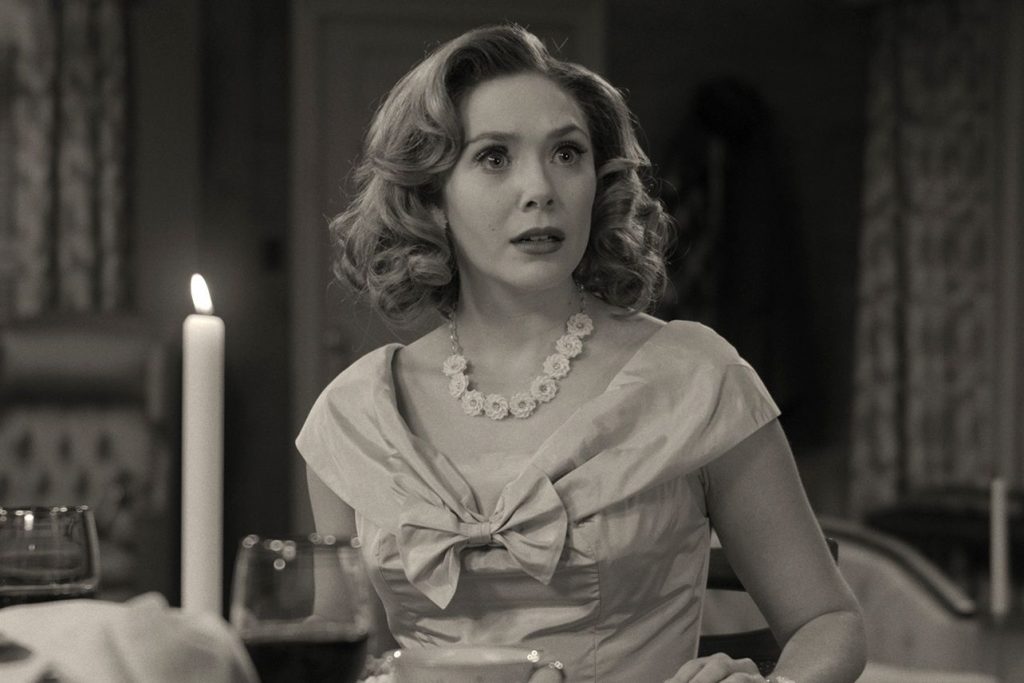
The acting on display is top notch, especially from Olsen and Bettany. They have strong chemistry, and we see them evolve as a couple when they become parents to a set of fast-growing twins. Wanda’s character gets a lot of depth and nuance, as the show explores her grief and trauma, including why she retreated into a world of sitcoms. Bettany also gets to make a case for his own acting prowess, deftly balancing comedy and drama elements. Side characters like Jimmy Woo, Monica Rambeau and Darcy Lewis also get their time in the spotlight, although Monica doesn’t end up doing much in the finale despite a lot of buildup.
As unique as Wandavision is, it ultimately stumbles in the finale by doing an overblown supervillain fight that feels like unnecessary baggage inherited from its Marvel DNA.
Also, like with Westworld and Lost, fans were so wrapped up in fan theories that they couldn’t help but be disappointed by a finale that played things relatively safe. There was also the stunt casting of a certain actor for a familiar role that turned out to be a complete misdirect for a puerile joke. Still, the finale hits the right emotional beats and paves the way for future Marvel content like Spider-man: No Way Home and Doctor Strange in the Multiverse of Madness.
Despite its shortcomings, Wandavision was a weekly television event that brought people together in the same way that The Mandalorian did last year. It didn’t achieve mainstream fame on the level of something like Game of Thrones, but it was still the focus of countless discussions and speculation for the last two months. It will soon be followed by The Falcon and the Winter Soldier and then Loki. Let’s hope those two (and other future Marvel TV series) build on the momentum established by Wandavision.

